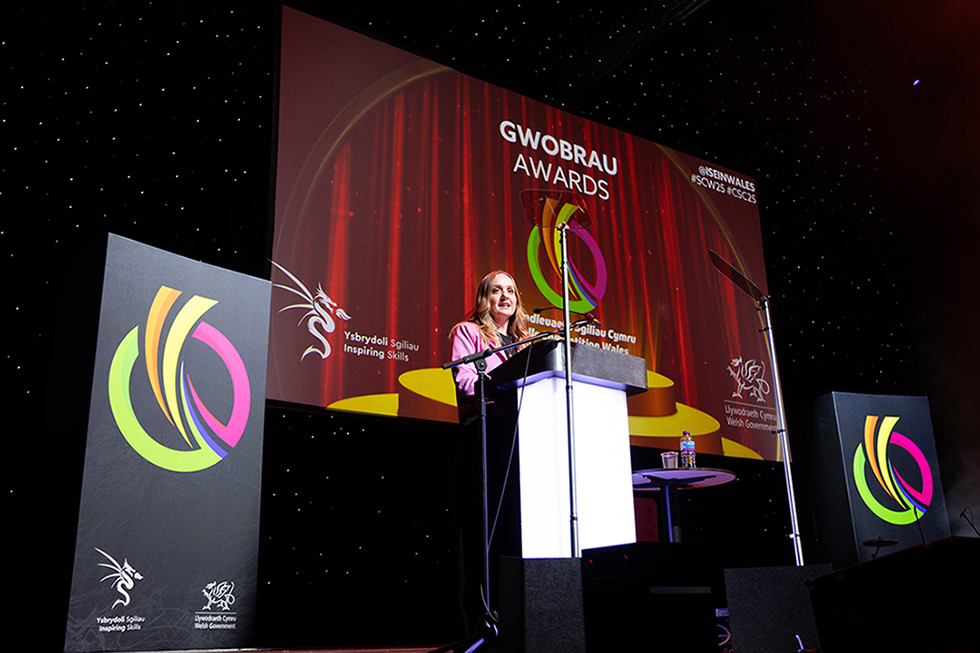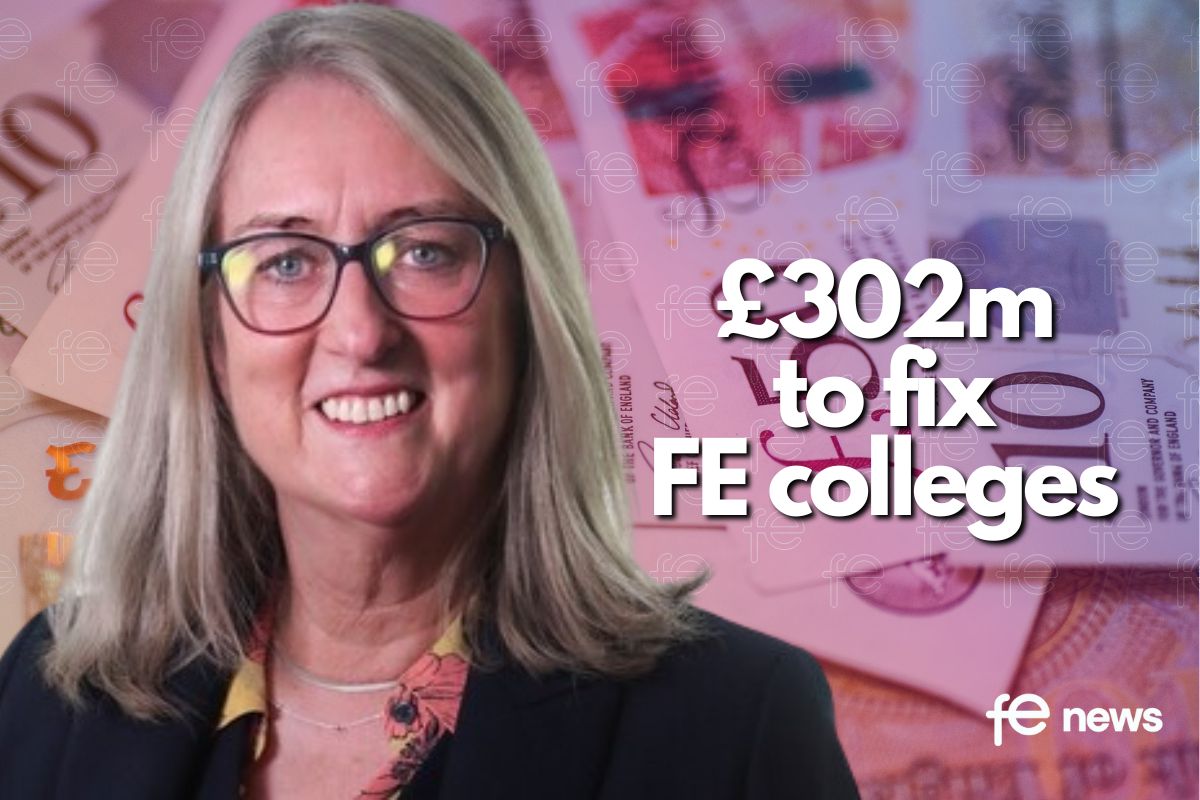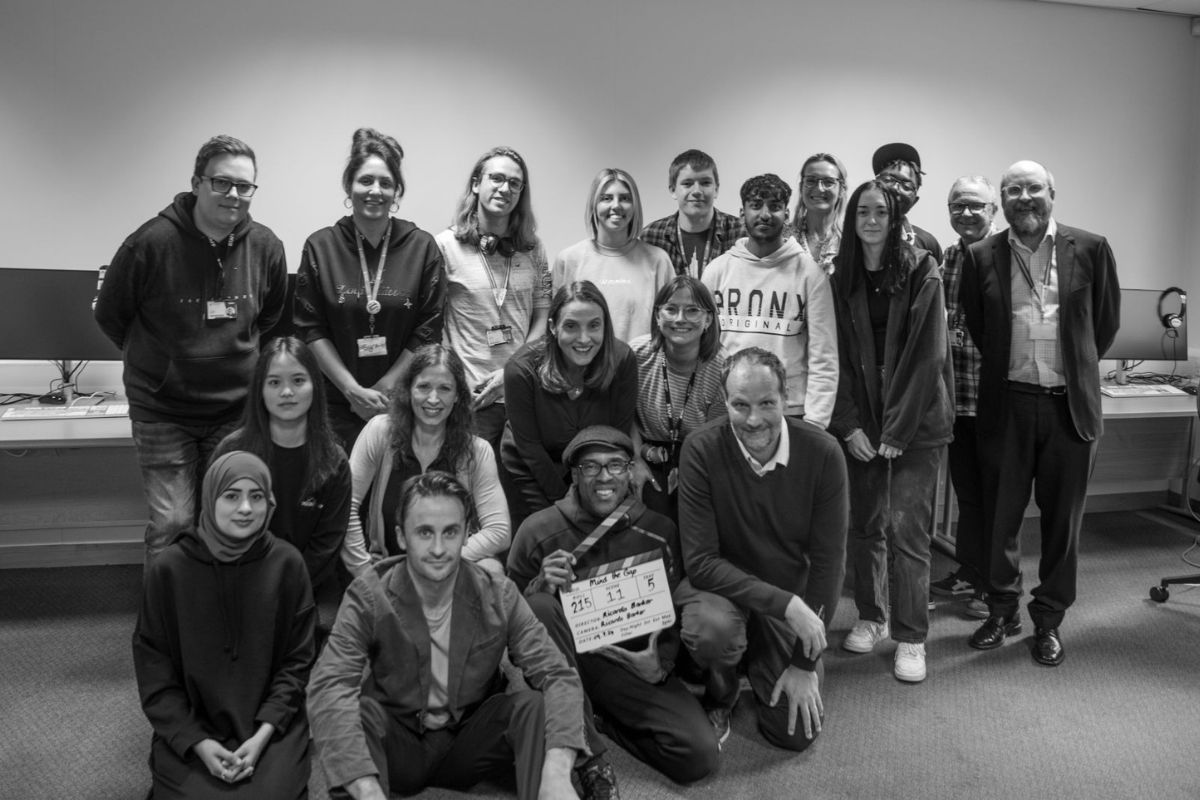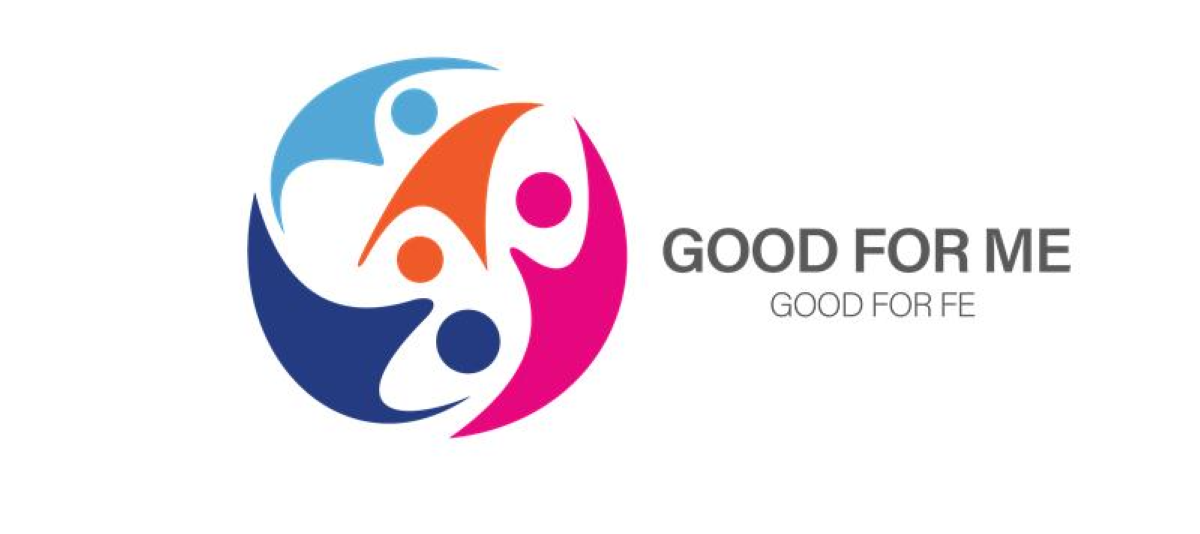The British Academy responds to 2023 GCSE data

The British Academy welcomes the growing popularity of economics, history and some modern languages such as Spanish, Arabic, Urdu and Chinese at GCSE level, but calls for more work to arrest the decline in other humanities and social sciences.
Earlier this month, the British Academy joined forces with the British Science Association to urge teachers, parents and students to consider the benefits of studying a mix of subjects across the humanities, the sciences and the social sciences, in line with the British Academy’s recently launched Connected Knowledge campaign.
This comes as data on GCSE entries across England, Wales and Northern Ireland released today by the Joint Council for Qualifications (JCQ) paints a mixed picture for the popularity of SHAPE subjects (Social Sciences, Humanities and the Arts for People and the Economy). There was an increase of 3.4% in total GCSE entries compared to 2022.
- Entries for French have experienced a slight increase of 1.2% from last year, though the overall proportion of students taking French has decreased from 2.27% to 2.22%. German entries continue to decline compared to last year (-4.5%).
- Entries for the category of ‘other modern languages’, including Arabic, Urdu and Chinese are continuing to increase (+9.5%). There has also been strong growth in Spanish (+11.4%).
- There has been continued growth in entries for many social science subjects including business studies (+14.8%), economics (+6.4%) and the ‘social science subjects’ category (+15.5%) which covers psychology and sociology.
- History entries have shown strong growth over 1-year (+6.5%) and 5-year periods (+19.6%). This is the biggest increase of the top ten largest subjects.
- Entries for English language (+4.3%) and literature (+2%) are continuing to increase in absolute terms. English language has increased as a proportion of all entries from 13.25% to 13.36%, while English literature has decreased from 10.78% to 10.63.
- Media, film and TV studies entries have increased since last year (+4.5%) but are still down compared to five years ago. There has been a continued decline in entries for drama (-7.3%), music (-12.5%) and performing / expressive arts (-16.7%).
- Entries for art and design subjects are down from last year (-3.6%) but are still higher than five years ago.
Hetan Shah, Chief Executive of the British Academy, says:
“I’d like to offer my congratulations to all students receiving their GCSEs – it is an important milestone in their education.
“Many of the challenges we collectively face require an understanding of people, societies and culture, and – as the national Academy for humanities and social sciences – we see how connecting knowledge across disciplines is vital to address them.
“Some level of change in subject take-up is of course inevitable, and our analysis shows the detail of this, but we are of the view that more work is needed to reverse the overall long-term decline in some modern language learning and indeed to encourage GCSE students to take a broad balance of arts and sciences as they progress in their studies.
“We will continue to monitor the health of all SHAPE subjects at system-wide and discipline-specific levels via our SHAPE Observatory. Now more than ever the UK needs versatile graduates with a broad and balanced portfolio of skills and expertise.”
Further information on GCSE entry trends and data is provided via the SHAPE Indicators.











Responses